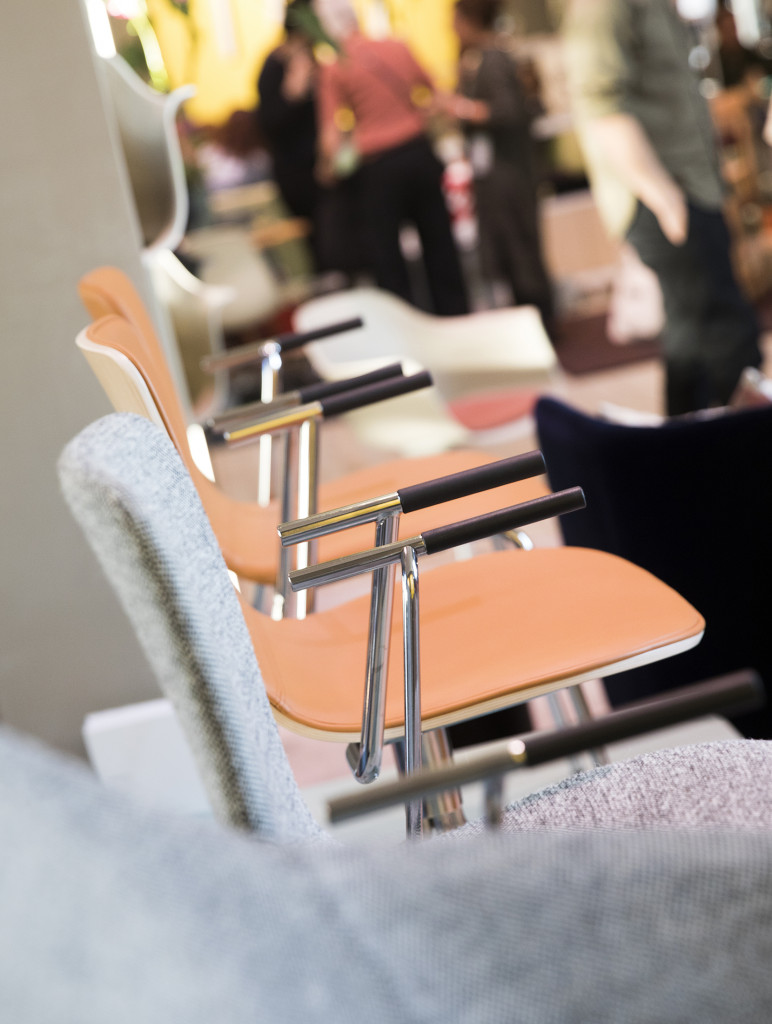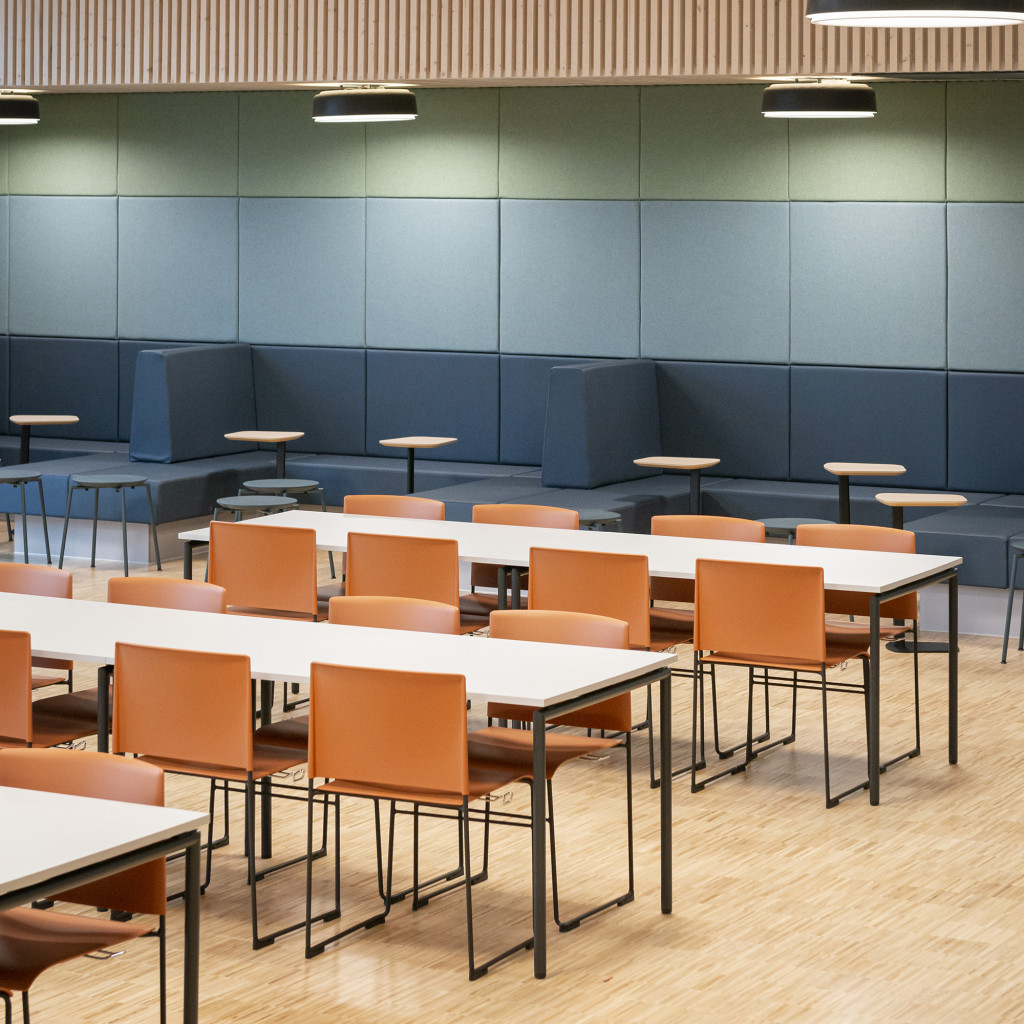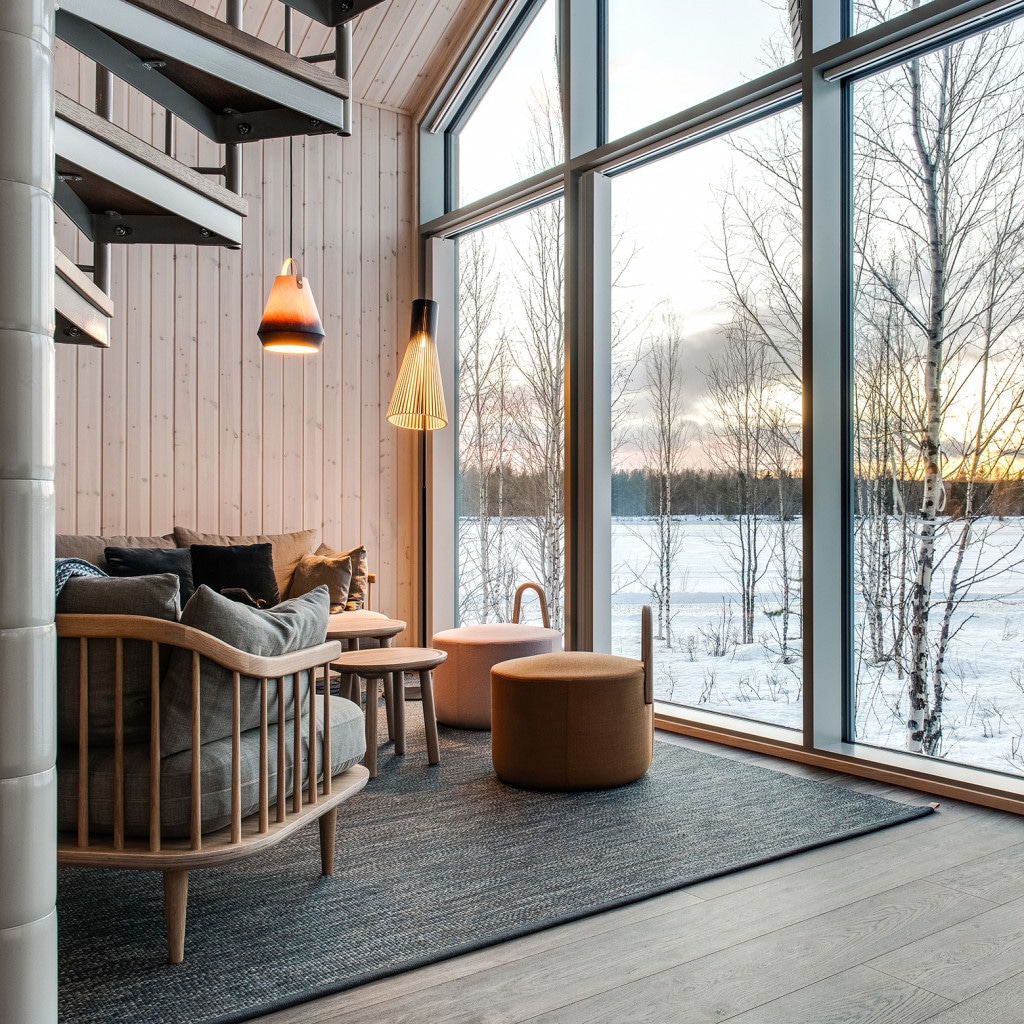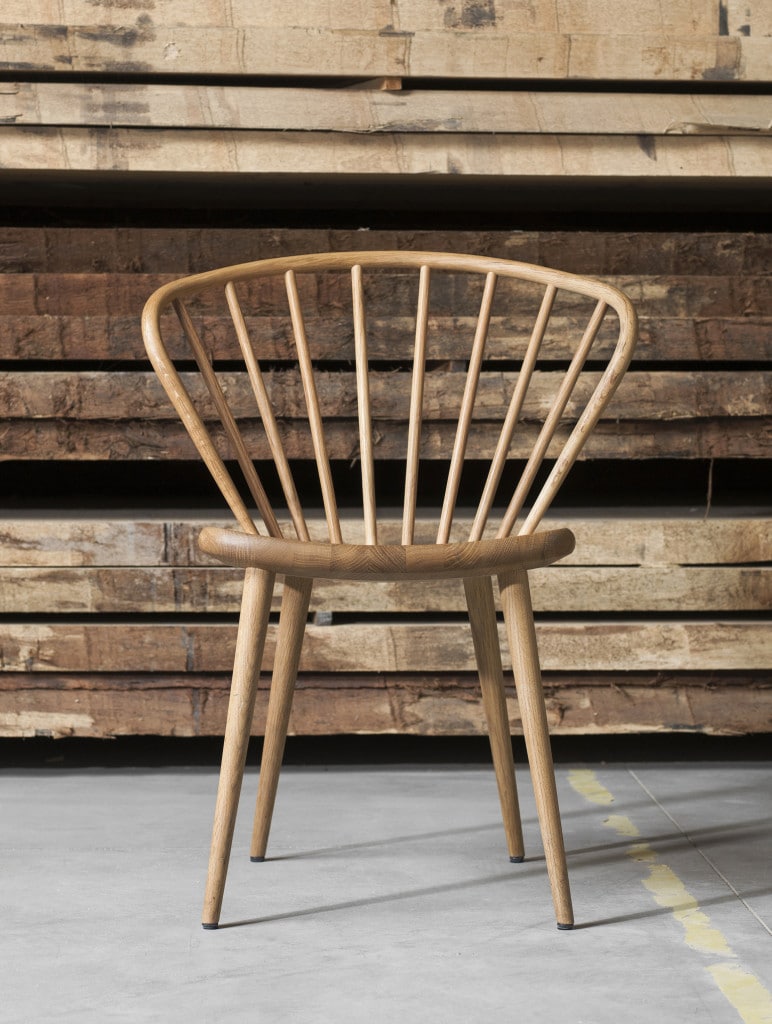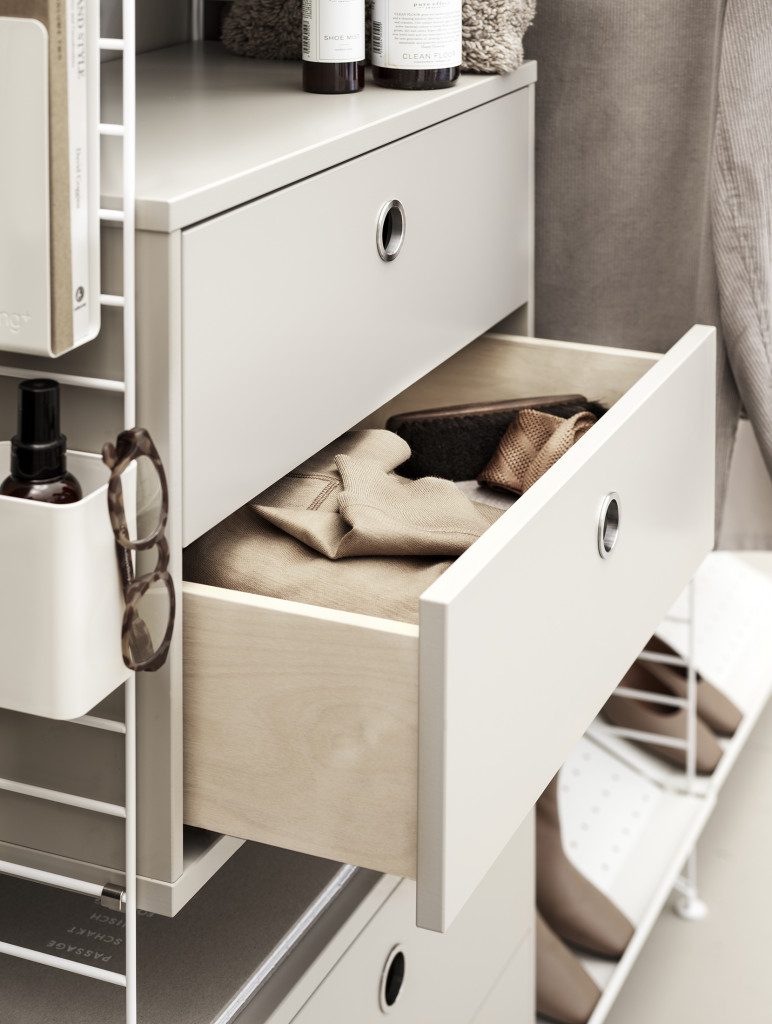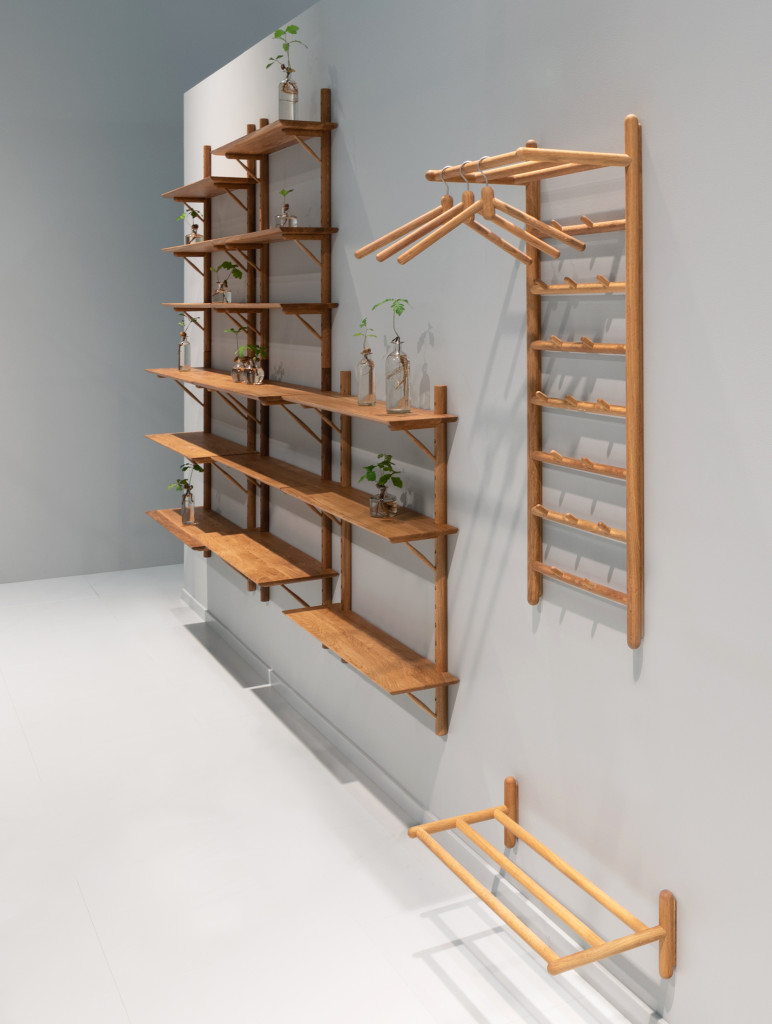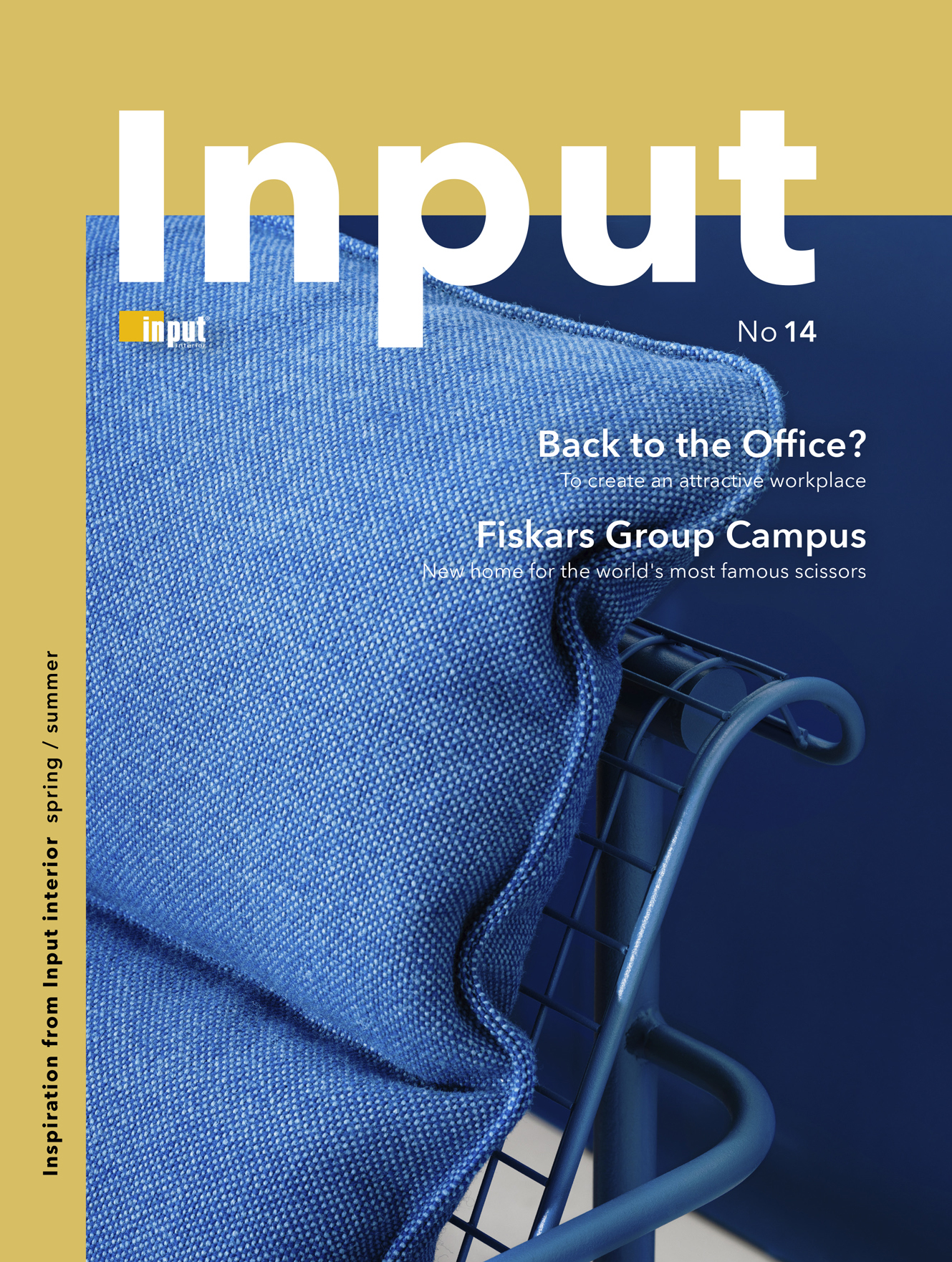Shaping the future
Sculptur produces sustainable furniture using the technology of tomorrow within a circular business model that starts with recycled material.
Sculptur’s activities call to mind many of the futuristic films of the 1980s depicting a hi-tech and intelligent future. However, unlike the classic notions of flying cars, etc., Sculptur’s furniture is grounded in reality and based on sustainable thinking. The 3D technology they employ to produce their furniture is also used to create everything from buildings and food to human body parts.
Print-on-demand
The 3D printer that prints Reform, Sculptur’s lounge chair, is located in Karlshamn, but is taking a break from furniture production just now and instead manufacturing face shields for the health care sector during the ongoing coronavirus crisis.
“Short changeover times are one of the advantages of the technology. It’s simply a case of uploading a new drawing and telling the robot what to do. Print on-demand enables us to print a chair in under two hours. No stocks are needed and costs and delivery times can be cut,” says Måns Broman, Designer and Marketing Director at Sculptur.
Much more than just cool tech
Sculptur offers more than just exciting production technology. While other companies may talk about thinking sustainably and transitioning from a linear to a circular business model in the future, Sculptur is already there.
“Our entire business concept is circular. The furniture is made from recycled material derived from, among other sources, old vehicle interiors and fishing nets or plastic collected from our oceans. Things that most people would dismiss as rubbish,” says Måns.
The material is ground down into a pellet-like substance that the robot then uses to build up the printed item layer by layer. Måns is somewhat secretive about the exact composition of the material, but one thing that is clear is that it is sustainable.
“I can say with certainty that our products can be recycled almost indefinitely.”

A role model in deposit-return
In order to increase the incentive to actually recycle the furniture when it no longer fulfills purpose, Sculptur has introduced a deposit-return scheme. Each item of furniture produced is tagged with a unique QR code. The code indicates the product’s material composition, which enables traceability and an effective recycling process.
“The deposit-return scheme for PET bottles works really well and is a source of inspiration. It’s what we want for our furniture. We believe that a deposit-return scheme can be useful in situations where temporary furnishings are required, such as fairs or temporary pop-up venues. The furniture can be used for a few weeks and then returned. Short-term consumption without the environmental burden in a circular process,” says Måns.
A technology in its infancy
Aside from transporting the furniture, this is pure production with no waste material. However, the technology is still in its infancy, and the company hopes that with continued development will come the potential to also reduce future transport needs.
“The technology is brand new and has not yet achieved its full potential. In the future it will help to reduce the need for transport, within several sectors. A product will not be tied to a certain factory or production facility; instead it will be possible to manufacture it anywhere in the world with access to a 3D printer. Naturally changeover processes take time and effort, but we are making progress, if you ask me,” concludes Måns.



